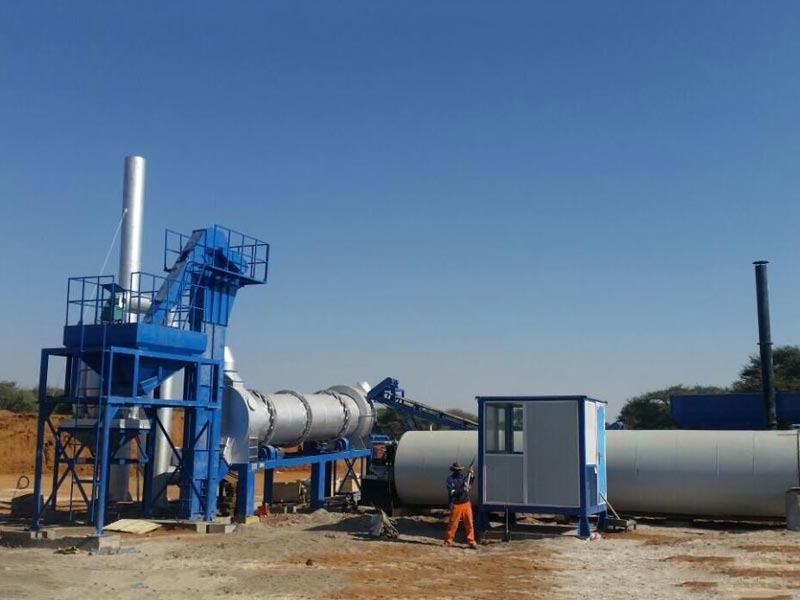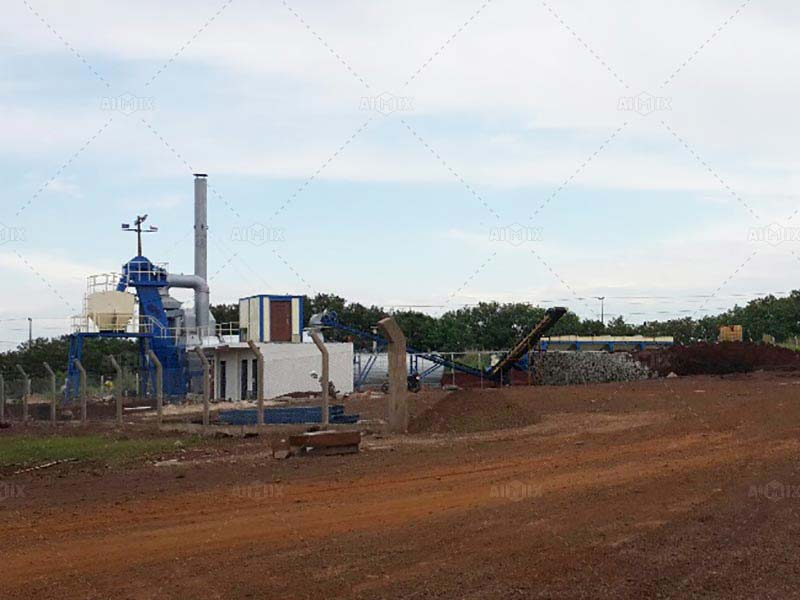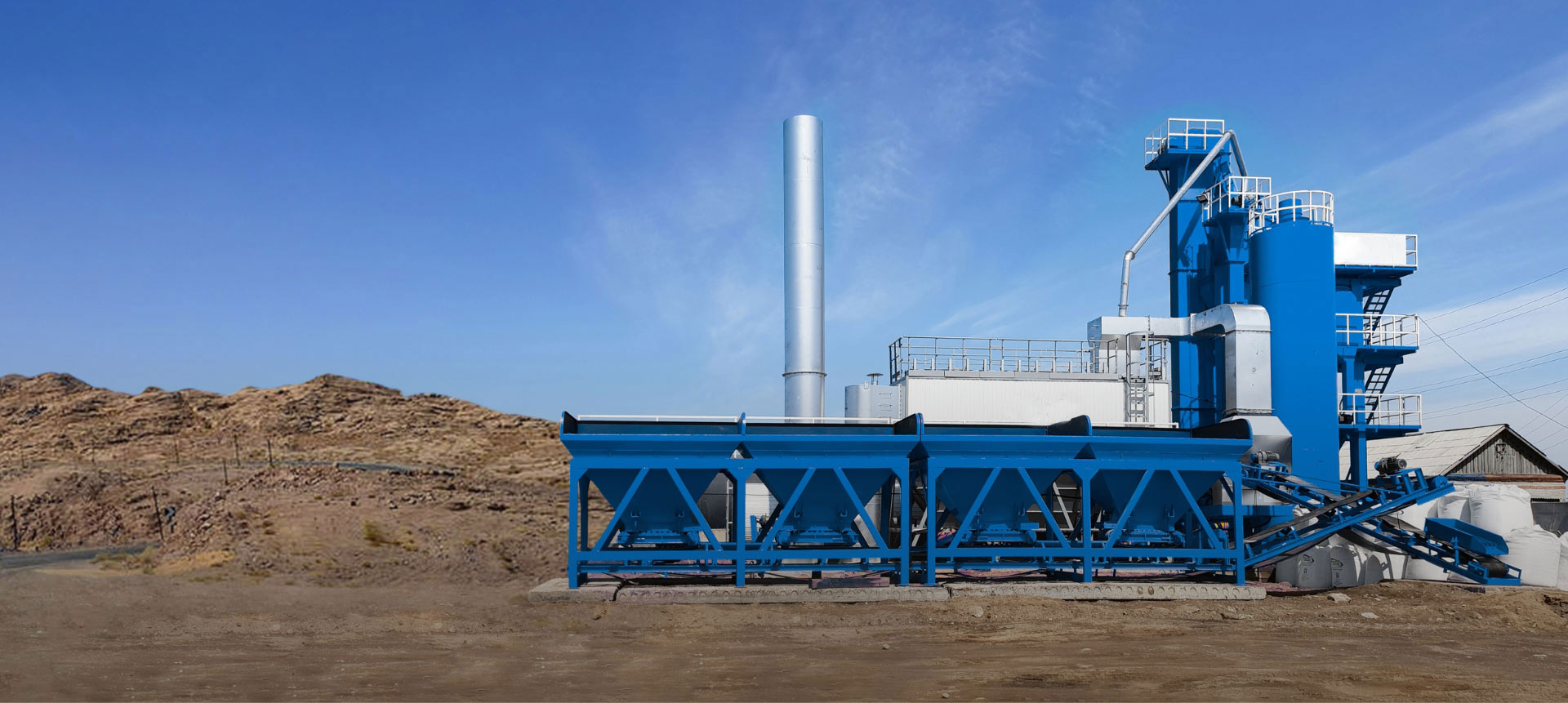With growing infrastructure demand and diverse environmental conditions, the Latin American construction industry increasingly turns to smart, mobile solutions. Among them, the mobile asphalt plant has become a preferred choice for many contractors due to its flexibility and efficiency. However, its long-term performance depends heavily on how well it integrates intelligent systems—especially dynamic monitoring. In this article, we explore whether the dynamic monitoring system is truly effective and suitable for the Latin American construction environment.
Understanding Dynamic Monitoring in Asphalt Plants
What Is Dynamic Monitoring?
Dynamic monitoring refers to real-time tracking and management of key operational metrics such as temperature, pressure, material flow, fuel consumption, and equipment wear. In a modern mobile asphalt plant(planta asfaltica movil), especially mobile models, this system plays a vital role in ensuring safety, operational continuity, and quality control.
Key Components of Dynamic Monitoring Systems
Typical dynamic systems consist of sensors, data acquisition units, cloud-based software, and an operator interface. These elements work together to provide instant feedback and automated responses. In a batch mix asphalt plant, for example, real-time adjustment of aggregate ratios can improve mixing consistency and reduce material waste.

Challenges in the Latin American Construction Environment
Geographical and Climate Diversity
Latin America features a wide range of climates—from humid coastal areas to high-altitude mountainous zones. Mobile asphalt plants deployed in these regions must adapt to frequent temperature changes, moisture variation, and uneven terrains. A robust monitoring system can help operators detect and respond to these environmental shifts, maintaining consistent asphalt quality and preventing system stress.
Limited Access to Skilled Technicians
In remote areas, skilled operators or maintenance teams may not always be available. Here, dynamic monitoring helps reduce the dependency on manual supervision by alerting crews to anomalies and automating basic corrections. This function is especially valuable in locations where batch mix systems are preferred but need enhanced automation support.
Benefits of Dynamic Monitoring in Mobile Asphalt Plants
Improved Operational Safety
Continuous monitoring of heat levels, drum rotation, fuel flow, and pressure ensures early detection of irregularities that could lead to breakdowns or accidents. In mobile plants, which are frequently relocated, safety risks increase during reinstallation. Monitoring systems offer protection during these transitions by ensuring all systems operate within safe thresholds.
Enhanced Asphalt Quality
For contractors using batch mix asphalt plant(planta de asfalto discontinua) setups, monitoring material ratios and mixing times is crucial. Dynamic systems help maintain recipe accuracy across batches, even in challenging environments. This is vital in infrastructure projects where material quality directly impacts long-term pavement performance.
Real-Time Decision Making
With cloud-based dashboards and mobile alerts, project managers and supervisors can make informed decisions on the go. Whether it’s adjusting fuel settings or pausing production during sudden rain, the system improves responsiveness and operational control.

Economic Considerations: Does It Justify the Cost?
Impact on Asphalt Plant Price
One of the most frequently asked questions is how much the inclusion of a dynamic monitoring system affects asphalt plant price(precio de planta de asfalto). While initial costs may be higher, the long-term return is substantial. Reduced material waste, lower energy consumption, minimized downtime, and fewer emergency repairs quickly offset the investment.
Cost Savings in Remote Deployments
For mobile asphalt plants used in rural or remote Latin American regions, the cost of emergency maintenance or extended downtime can be significant. A plant equipped with dynamic monitoring reduces these risks by identifying and preventing problems before they escalate. When comparing mobile asphalt plant options, this feature can be a major value differentiator.
Is It Suitable for All Project Scales?
Large-Scale Highway and Infrastructure Projects
In large-scale government-funded projects, quality control and safety compliance are non-negotiable. A dynamic monitoring system helps ensure the asphalt plant(planta de aglomerado) meets project specifications consistently, and its digital records can be used for audits and quality verification.
Medium and Small Contractors
For smaller contractors, the system may seem like an optional add-on. However, given the increasing competition and quality demands in Latin America’s road construction market, investing in smart features—even on a limited scale—can improve credibility and reduce total project costs.
Conclusion: A Smart Investment for Long-Term Success
Dynamic monitoring systems in mobile asphalt plants are not just high-tech upgrades—they are vital tools for ensuring safe, efficient, and high-quality asphalt production in Latin America’s diverse construction environments. Whether you’re considering a batch mix asphalt plant for high-precision jobs or a more flexible mobile solution, the integration of real-time monitoring should be viewed as a strategic investment. While it may affect the asphalt plant price upfront, its long-term benefits in quality, safety, and efficiency far outweigh the initial cost. For contractors aiming to remain competitive in Latin America, embracing intelligent systems is no longer optional—it’s essential.
